@bayaz It’s you who gave me food for thought, alongside many other moderators! I only found out yesterday how to properly ban spam accs on kbin.social.
I really appreciate all efforts to grow and take care of communities, be it on kbin, on lemmy, or on mbin! Every day, I try to keep learning from other moderators.
Given the sheer lack of moderation tools, many mods do great work. I hope the situation will improve so that moderatoring will become easier.
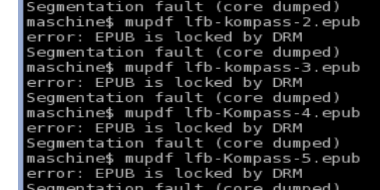
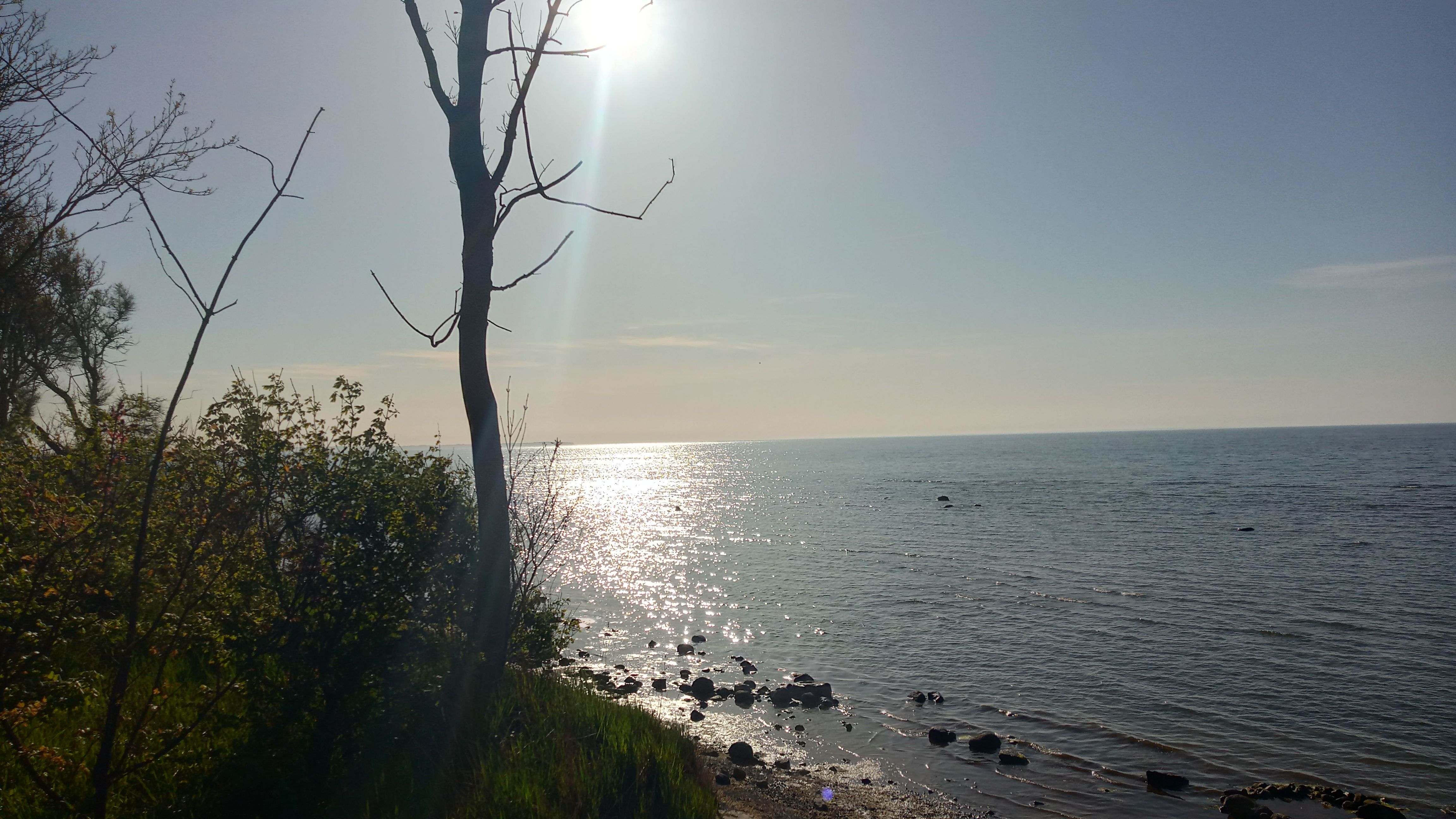

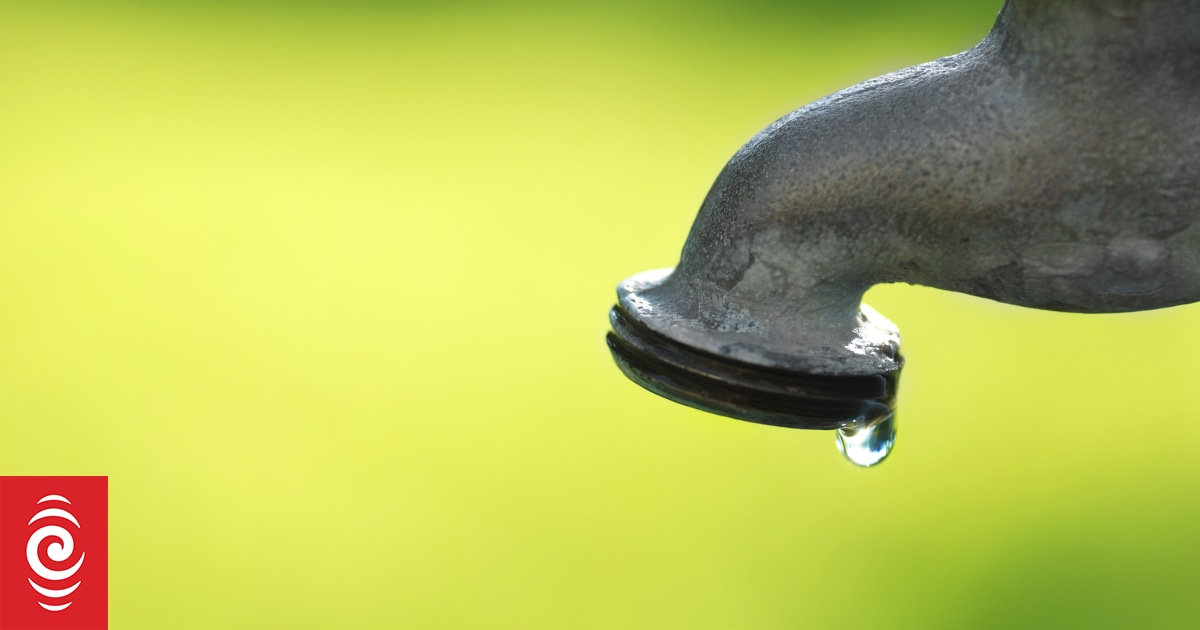

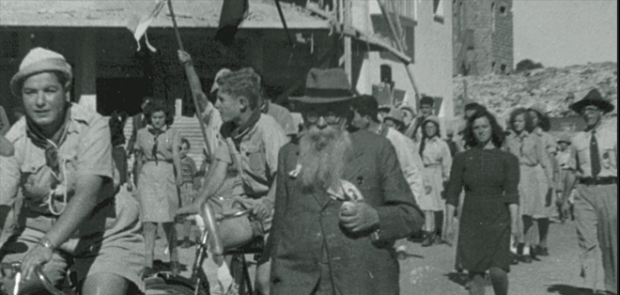
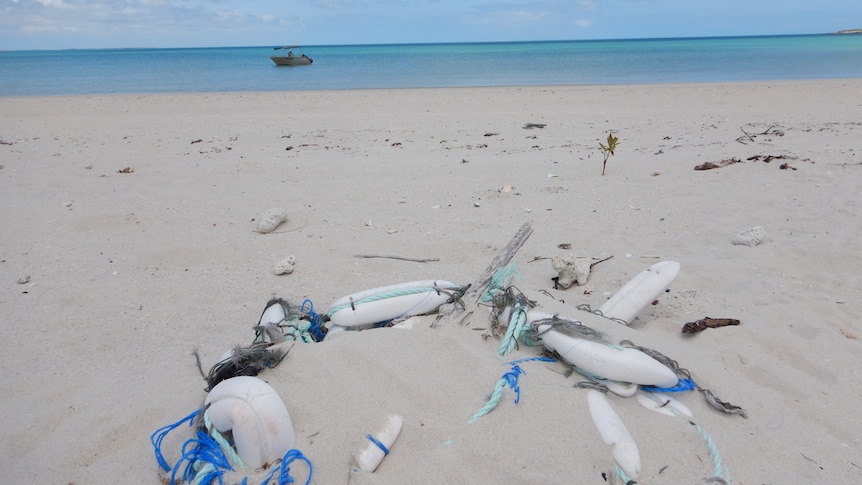
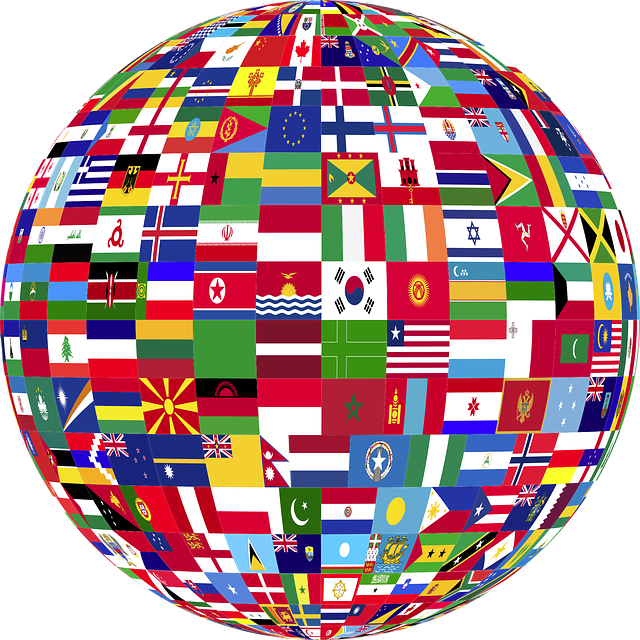
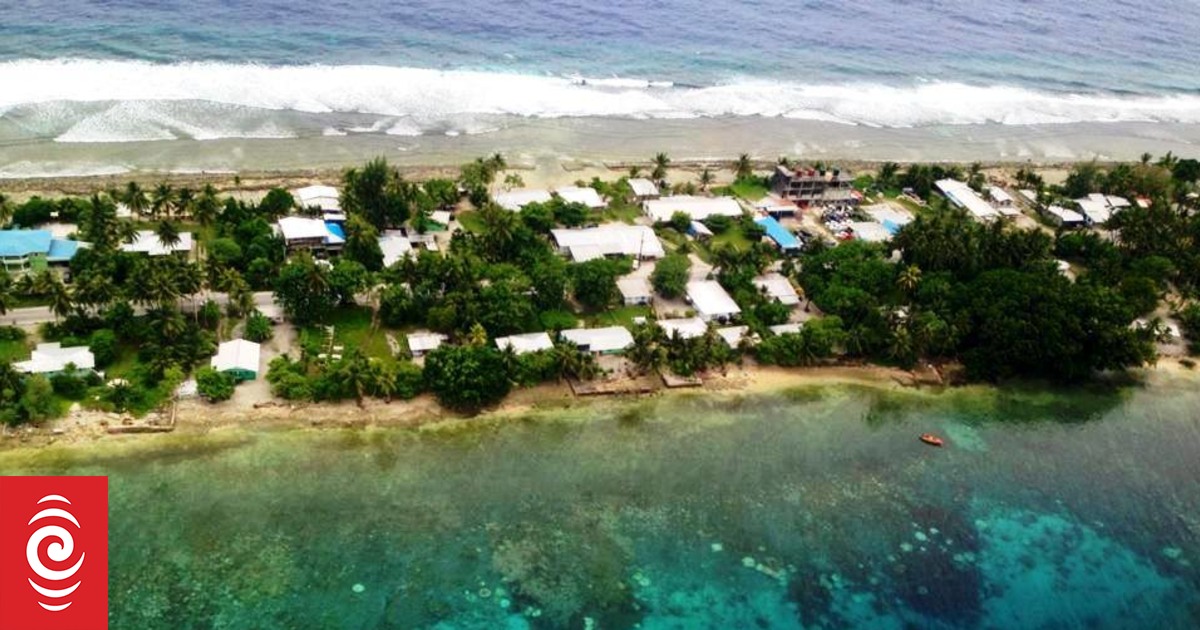
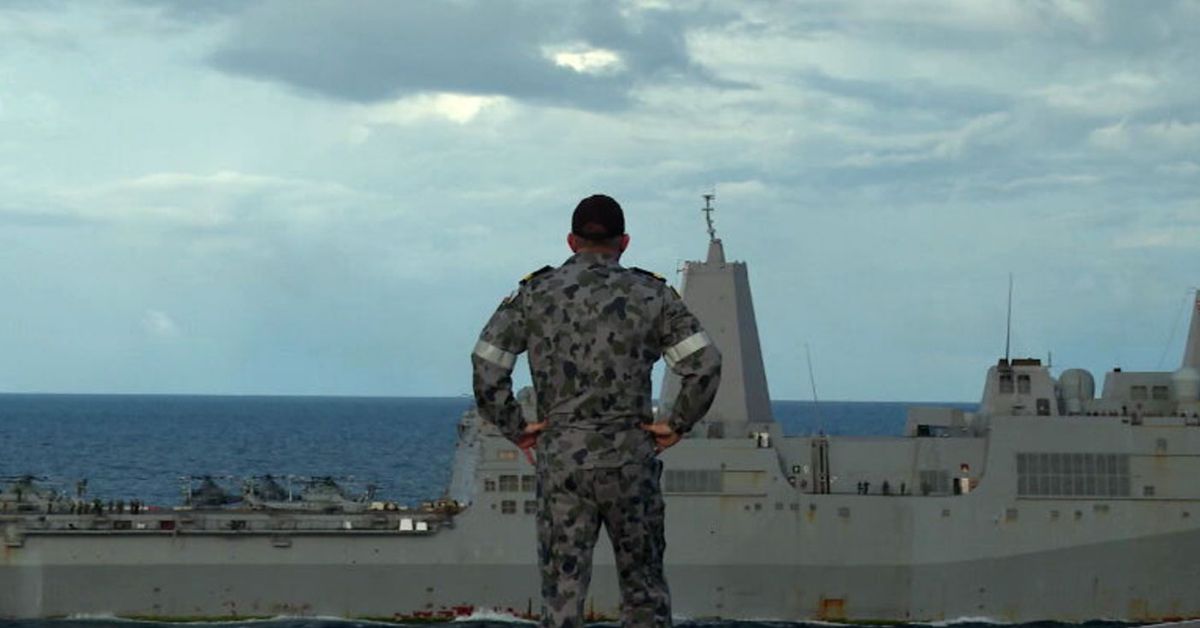
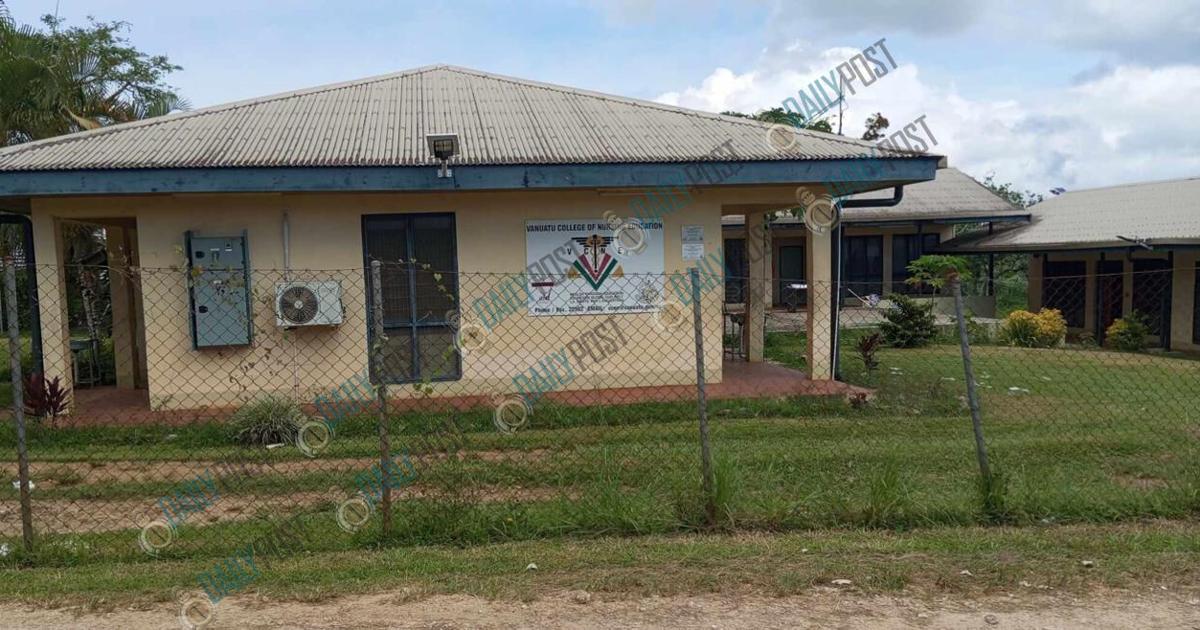
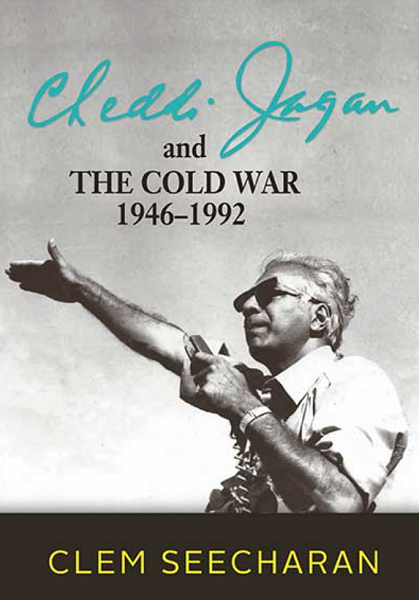
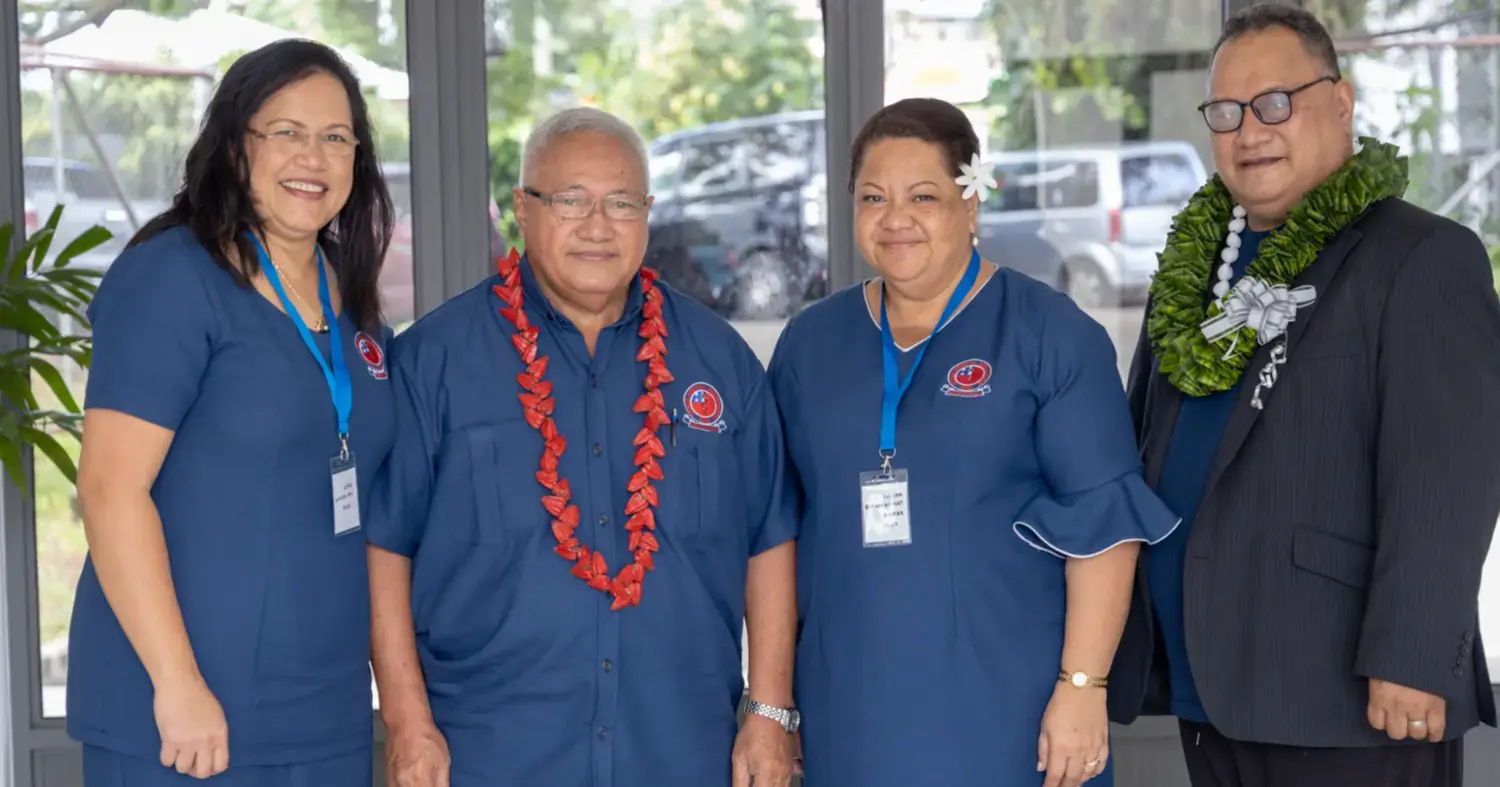
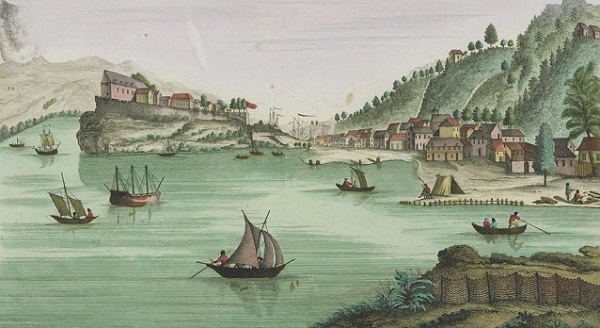
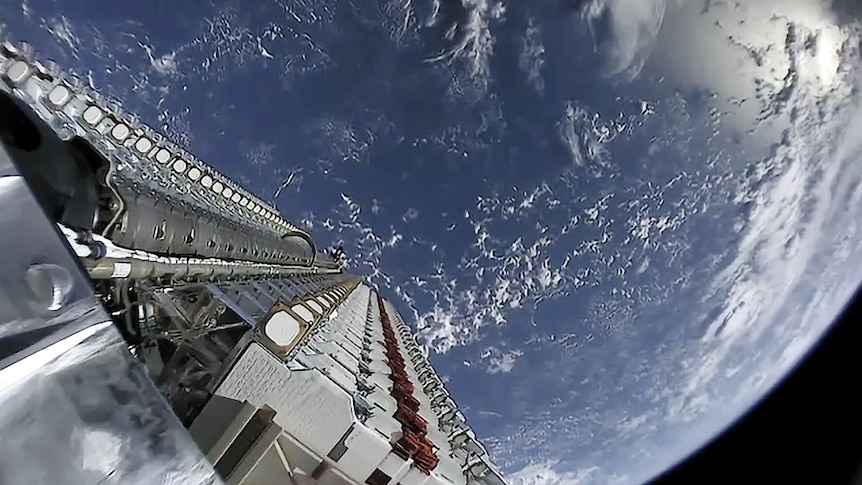
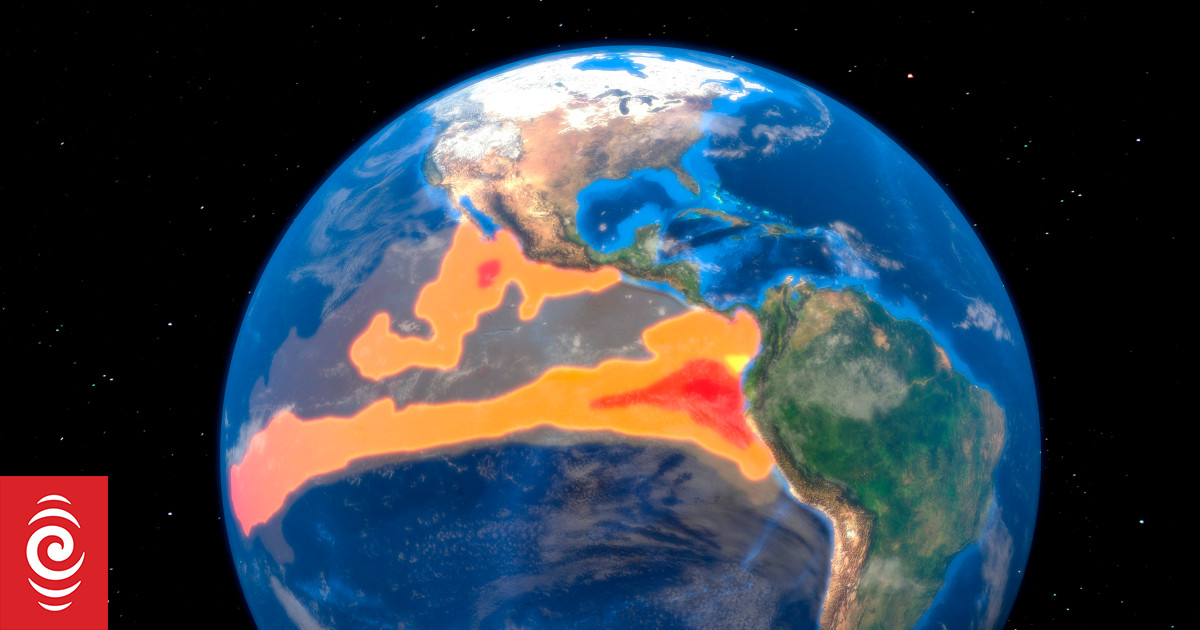
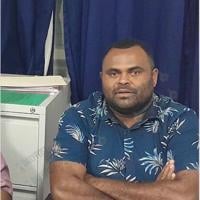


@bayaz Thank you! This is even worse than I thought! I will try some things out in the near future in order to find a stable way for banning accs.